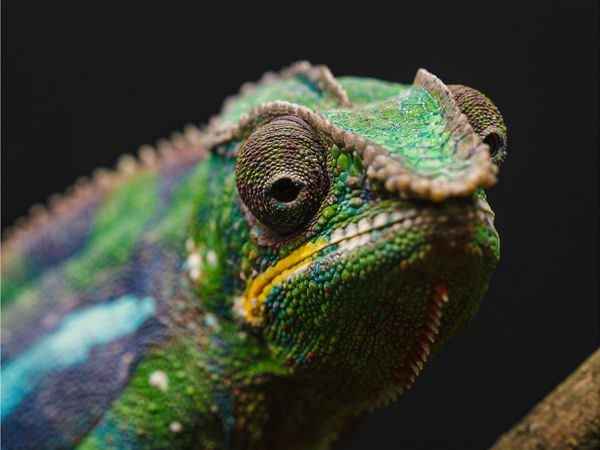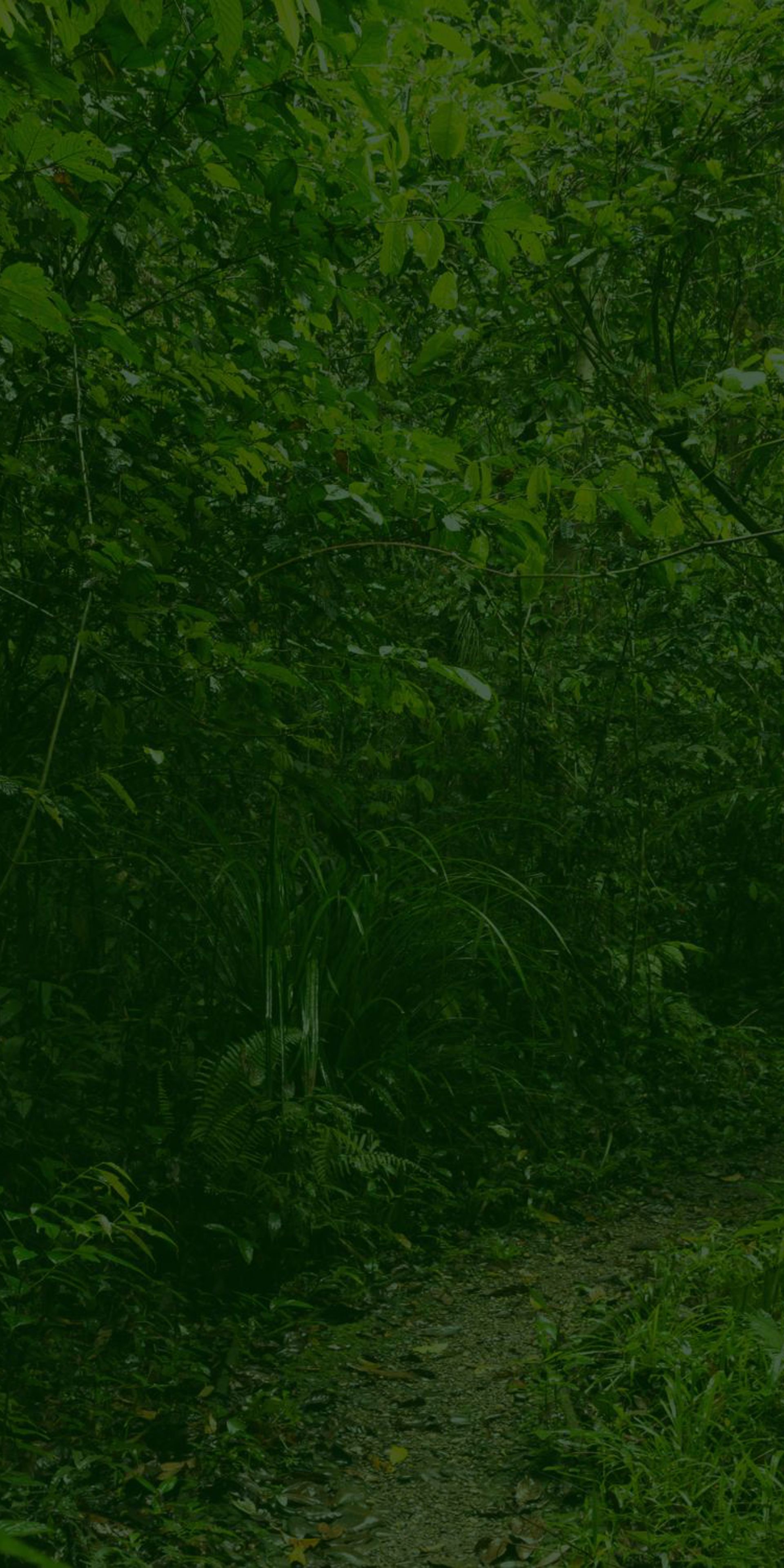
It’s official! Our ‘orang utan characteristics’ helped us through lockdown!
28th Jun 2023
The Covid-19 pandemic put the world on hold for three months, and for many of us Brits we were unsure what to do with our time. Very few of us knew how to handle the ‘new norm’, with shops selling out of necessities and us having to spend our time in isolation away from our friends and family. If only we were all just a little more like orang utans, maybe the lockdown wouldn’t have been so hard – right?
In celebration of World Orang Utan Day on Wednesday 19th August we’ve launched a public quiz to find out whether the traits of orang utans helped some humans get through lockdown – and in short the answer was YES, with almost everyone answering in line with the same behaviours.
Orang utans are one of the four great apes and one of the closest living cousins to the human race, sharing 96.4% of our genes. By nature, they are a semi-solitary species so social distancing is normal, but they do remain, to some degree, social. They are intelligent, adaptable and impressive problem solvers, regardless of how long a task may take.
The quiz, which was taken by over 370 people, found a staggering 90% are very much ‘orang utan’. Over half of the quizzers said their favourite past time was eating and that they just went with the flow when finding out about lockdown, two character traits very identifiable with the species. Also, with boredom striking, almost 70% looked to puzzles and jigsaws to pass the time, orang utans themselves are fantastic problem solvers.
When spending so much time with family it’s inevitable that disagreements and arguments are going to happen and almost 60% found the best thing to do was to avoid each other until the dust settles and yep you guessed it, orang utans do this too!
You can take the quiz here too!
Dr Jessica Rendle, Research Education and Conservation Manager of Twycross Zoo, said: “Fascinating results about a captivating species that is classified as critically endangered. The fact we, as humans, are so similar to our great ape cousins both in DNA and in the way we behave, really shows how important it is that we protect and preserve them for future generations.
“Sadly, due to threats such as deforestation for palm oil plantations, there is now an estimated 55,000 Bornean orang utans and 14,600 Sumatran orang utans left in the wild, and unfortunately these numbers are continuing to decrease. What a travesty it would be if we were to lose a species so similar to humans. As painful as it might be to think about, there is no getting away from the fact that if change doesn’t happen, this is a real possibility.
“Twycross Zoo is the only place in the UK home to the four great apes and by working alongside conservation projects across the world including Ape Action Africa, Lola ya Bonobo and Borneo Nature Foundation, we are able to protect important habitats and safeguard wildlife with whom we share our planet.”
Facts about orang utans:
Known for their distinctive red hair, orang utans are the largest arboreal mammal, native to Sumatra and Borneo. In the wild, they spend most of their time in trees and their long, powerful arms and grasping hands and feet allow them to move through the branches easily
Twycross Zoo is home to 5 Bornean orang utans – Batu (31 years old, male), Kibriah (43 years old, female), Maliku (26 years old, female), Kayan (3 years old, female, offspring to Kibriah and Batu), Basuki (3 years old, male, offspring to Maliku and Batu)
One of the main threats to orang utans is habitat loss due to deforestation for palm oil plantations. Palm is the most widely used vegetable oil in the world, found in products from shampoos and soaps to pizzas and biscuits, and the demand for it is increasing every year. The palm tree is the most efficient producer of vegetable oil per cultivated land and is a critical part of the economy, particularly in Malaysia and Indonesia. To cope with the world’s demands for vegetable oils and to minimise negative effects for the environment and its people, palm oil must be produced in a sustainable way. Discover Twycross Zoo’s Sustainable Palm Oil Policy.
Twycross Zoo supports Borneo Nature Foundation’s conservation education programmes which aim to provide children with an appreciation for nature, and the knowledge and tools to facilitate them to become enablers of future change. This programme consists of activities in classes at schools, forest visits, learning outside school in communities and exhibitions of children’s work. Field trips to the rainforest enable children to meet the research teams, see conservation in action and what the foundation are aiming to project.

